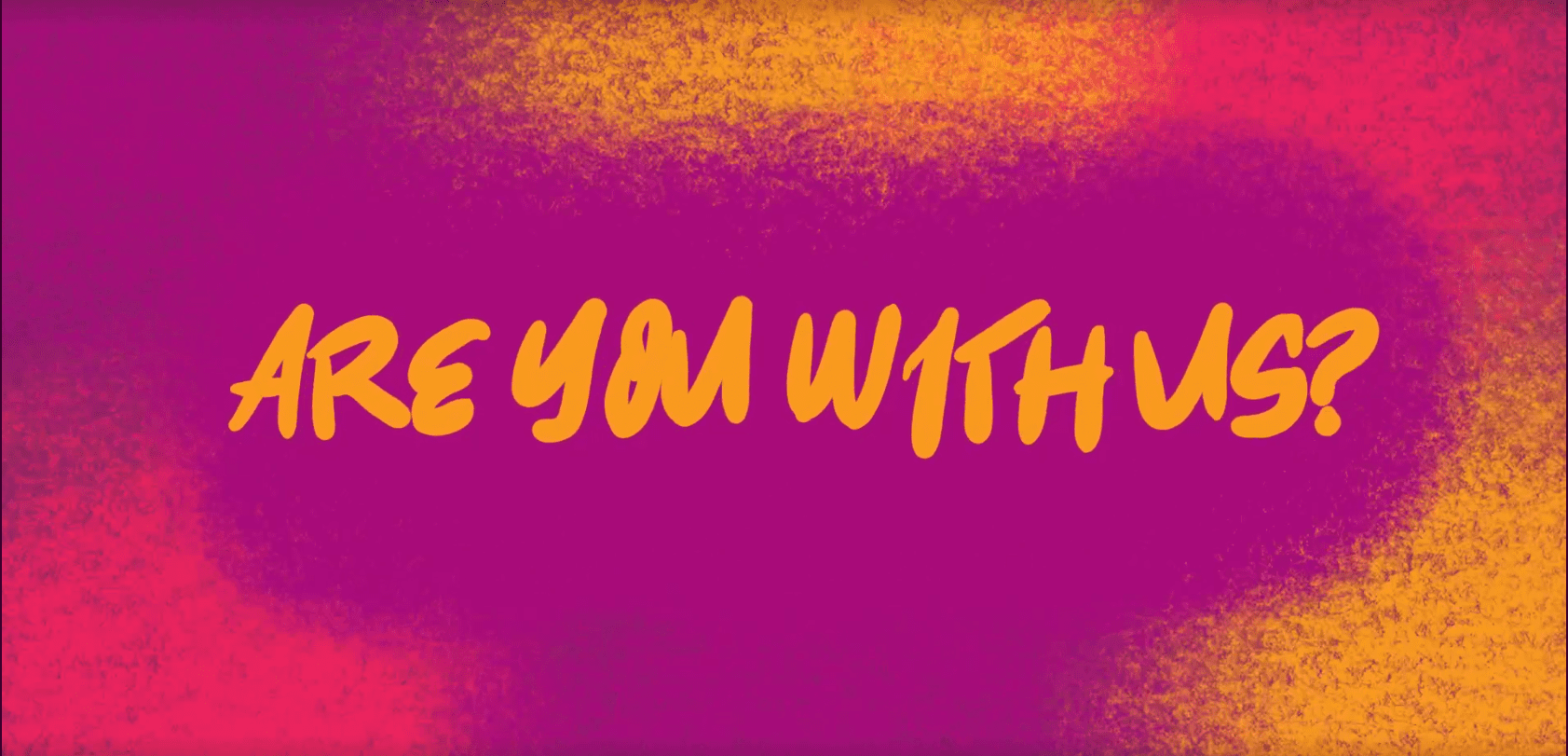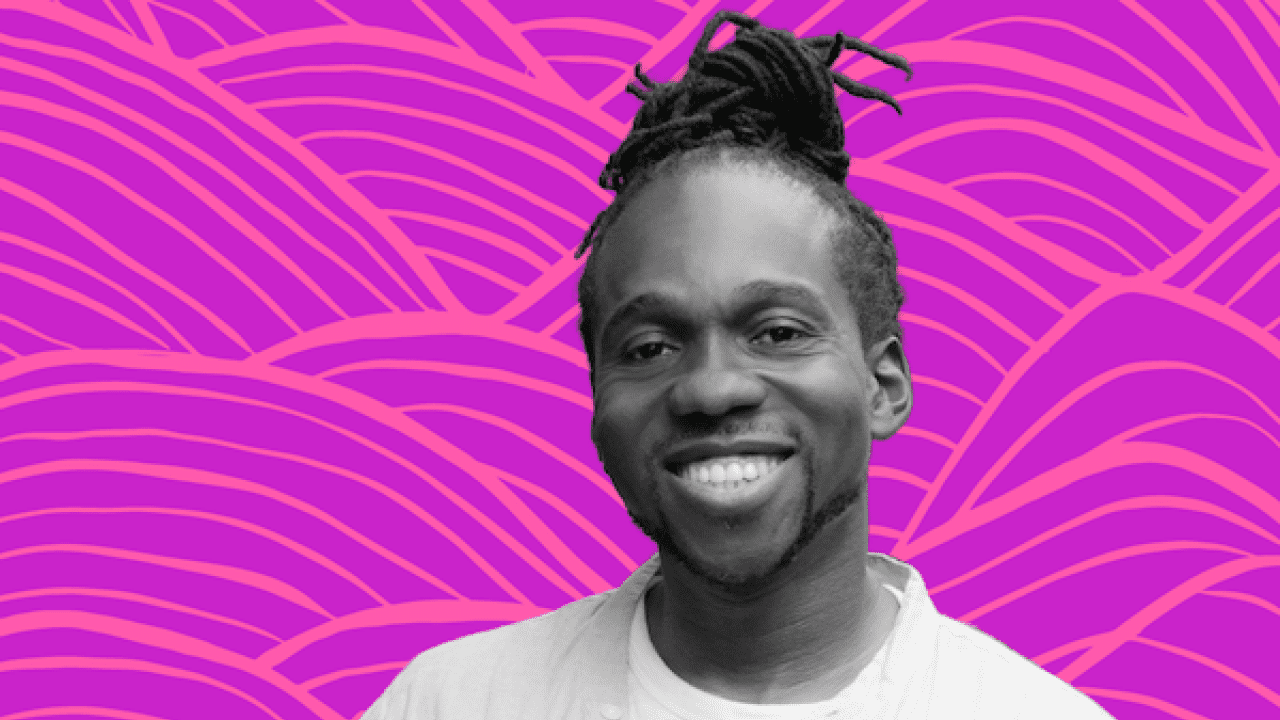Dr. King Dreaming
By: Dorian Warren, Co-President
I first read Dr. King’s speech “Where do we go from here?” in the late 1990s. The country had just finished a disastrous process of welfare reform full of dog-whistles and debates that caricatured poor people and especially poor Black mothers. With welfare reform, President Clinton certainly ended welfare as we knew it. He also codified the stigma of cash assistance for a generation.
It’s a far cry from Dr. King, who wrote: “John Kenneth Galbraith said that a guaranteed annual income could be done for about twenty billion dollars a year. And I say to you today, that if our nation can spend thirty-five billion dollars a year to fight an unjust, evil war in Vietnam, and twenty billion dollars to put a man on the moon, it can spend billions of dollars to put God’s children on their own two feet right here on earth.”
When I read that in 1997, I thought, “well that’s Dr. King dreaming!” But organizing is the work of making our collective dreams a reality, and the past 25 years have shown just how far we’ve come.
In many ways, Welfare Reform was the final blow to New Deal ideas of social support. The 1930s New Deal programs, even with their racial exclusions, created the framework for the government’s role in people’s lives. When people are struggling to make ends meet, the government of, by, and for the people has a responsibility to help.
While Dr. King and SCLC were fighting for civil rights, Johnnie Tillman and the poor Black women who formed the National Welfare Rights Organization were fighting to improve Black families’ material conditions. They were the foremothers of the fight for guaranteed income, and they helped to steer the civil rights movement’s path toward economic and social issues.
The National Welfare Rights Organization organized Dr. King in the last years of his life, securing his support for a guaranteed income. Dr. King’s advisor, Bayard Rustin, who organized the March on Washington for Jobs and Freedom, wrote in 1965 about the choice ahead: “we are moving into an era in which the natural functioning of the market does not by itself ensure every man [and woman] with will and ambition a place in the productive process.” He saw the consequences of deindustrialization and automation, and he knew who would be the coal miner’s canary: Black workers.
Of course, as the 1960s Great Society programs became more inclusive, the dog whistles and stigmas began. By 1996, when the neoliberal reverence for the market peaked–and with it the stigma of cash assistance–we had Welfare Reform.
Thinking back to 1997, what might have surprised me even more than Dr. King’s words is the progress we have seen in the last five years. I’m thinking of Aisha Nyandoro, who created the Magnolia Mother’s Trust in 2018, which is now the country’s longest-running guaranteed income program, and it’s for Black mothers. I’m thinking of the Economic Security Project and the 100 guaranteed income pilot programs they’ve helped to launch all across the country. And, of course, I’m thinking of the expanded Child Tax Credit (CTC) and the work Community Change did to deliver the CTC in monthly payments that acted as a guaranteed income for families with children.
We still have a lot of work to do. The CTC expansion ended. We didn’t have the base or the power to make it permanent. We’re still suffering through the narrative hangover of welfare reform.
We have to sell the idea of no strings attached cash. We have to convince enough people to spend “billions of dollars to put God’s children on their own two feet right here on earth,” as Dr. King said.
Now the fight moves to the states, with Community Change fighting alongside partners to expand state CTC and Earned Income Tax Credits (EITC) as a form of guaranteed income. Elections have consequences, and in places like Michigan and Minnesota, we just might have the political conditions to win a different outcome.




